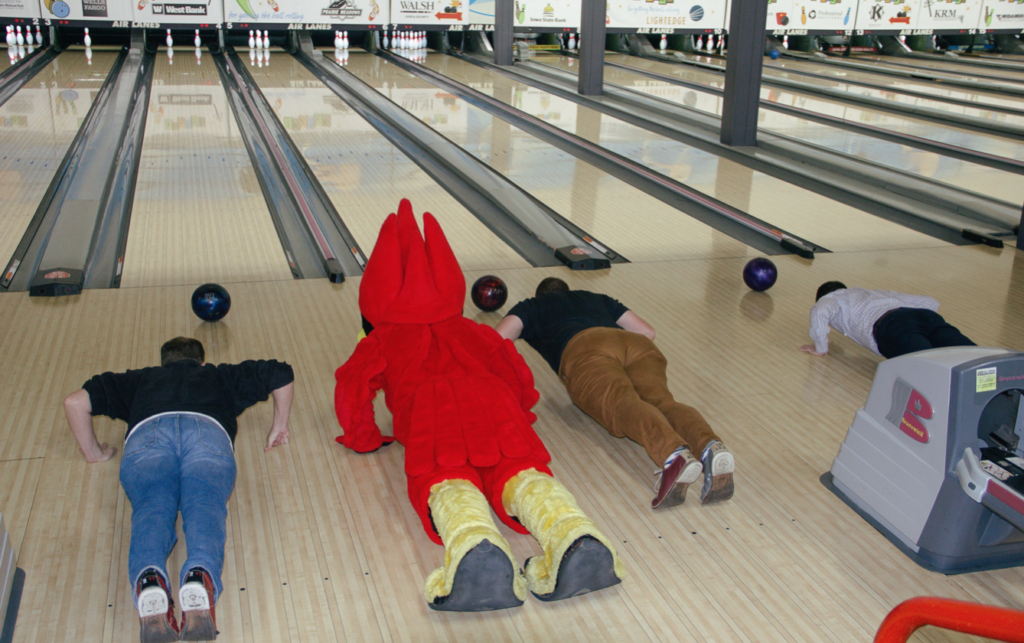Written by Sam Wolstenholm.

When I applied to be a member of the Engaged Citizen Corps, I was not really sure what I was getting myself into. I had a general idea of what the program was about and how it was structured, but I had no idea what I would actually be doing when it came to both the classes and the internship. As I near my goal of 300 service/training hours with AmeriCorps, it is time for me to reflect on what I have done and what I have learned.
My internship through the ECC is with Junior Achievement and it couldn’t be a better fit for me. Junior Achievement is, like every partner organization in the ECC, a non-profit. We focus on education and personal finance. Our main service is recruiting volunteers and sending them into classrooms to teach a curriculum about finances to the students. The grades taught can range from anywhere between kindergarten and 12th grade, though most classes fall in the K-4th range. We also have our JA Biztown and JA Finance Park capstone programs that take place at the Junior Achievement building.
I personally work best when I get a mix of tasks to do, and that is exactly what I am getting at Junior Achievement. One week I will be cutting stacks of paper into smaller pieces of paper and be creating a Bowl-a-Thon highlight video the next. I have gone to conferences, trained volunteers, produced music, and so much more at Junior Achievement. I am allowed and expected to do a variety of tasks that range from monotonous to essential and I love that.
Through working with Junior Achievement, I have learned so much about the Des Moines community. Because we work closely with businesses in the area and especially closely with the schools in the area, I have interacted with so many different people in so many different positions. I have been able to talk to local teachers and principals, students, CEOs, and everything in between. The networking opportunities are clearly not an issue. However, the main thing that I enjoy about being exposed to all these different kinds of people is that I get different perspectives on the community. I learn from the people directly what is going on in Des Moines and what they think of it. I also believe that nothing represents a community more than the schools in that community, so being able to not only interact with the students and teachers from those schools but actually go into some of them really makes me feel like I am a part of and making some kind of difference in the community.
This idea of becoming a part of the community you are trying to help is very important to Robert Lupton in his book Toxic Charity. We read this book for our first-year seminar class that is part of the ECC curriculum. In the book, Lupton focuses on making clear the best ways to go about service work. Getting to know the people you are trying to help is a really big concept to him, and I think that I have gotten to know the Des Moines community through the ECC and Junior Achievement in a way that I would not have been able to do otherwise. I feel as though this city is my home now. I am not a guest of these beautiful people at this point and that really makes me happy to feel like I am working alongside these people to help them rather than doing it because I have to.
All that being said, I am excited for the summer because Junior Achievement is actually keeping me as a summer intern once I am done with my ECC work. It was such a perfect fit for both me and the organization that it made sense for us both for me to continue working there. The work that I have done this school year for my organization has been fun (and it isn’t even over yet), and even the monotonous jobs I had to do sometimes were fine because I knew that I would be helping the community somehow, whether it was direct or indirect, no matter what I did. In the summer, however, I will be working more with students directly, so I will become even more familiar with the community. I learned so much through this program. I am now more conscious of the types of service work I do and the manner in which I do them. I perceive many issues (like homelessness or saving money) as ones that can actually be addressed and worked on. Not only that, but I am more confident in addressing and discussing these issues myself. Above all, I think that I am a more loving person because I see people in a more positive way than I did before. I really am glad that I applied for this program.